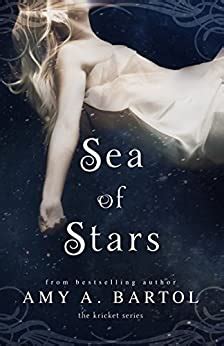A Quote by Laurence Sterne
The very essence of gravity was design, and, consequently, deceit; it was a taught trick to gain credit of the world for more sense end knowledge than a man was worth; and that with all its pretensions it was no better, but often worse, than what a French wit had long ago defined it--a mysterious carriage of the body to cover the defects of the mind.
Related Quotes
Long ago I yearned to be a hero without knowing, in truth, what a hero was. Now, perhaps, I understand it a little better. A grower of turnips or a shaper of clay, a Commot farmer or a king--every man is a hero if he strives more for others than for himself alone. Once you told me that the seeking counts more than the finding. So, too, must the striving count more than the gain.
We do not ask what hope of gain makes a little bird warble, since we know that it takes delight in singing because it is for that very singing that the bird was made, so there is no need to ask why the human mind undertakes such toil in seeking out these secrets of the heavens. ... And just as other animals, and the human body, are sustained by food and drink, so the very spirit of Man, which is something distinct from Man, is nourished, is increased, and in a sense grows up on this diet of knowledge, and is more like the dead than the living if it is touched by no desire for these things.
There is, so I believe, in the essence of everything, something that we cannot call learning. There is, my friend, only a knowledge-that is everywhere, that is Atman, that is in me and you and in every creature, and I am beginning to believe that this knowledge has no worse enemy than the man of knowledge, than learning.
Be patient and sympathetic with the type of mind that cuts a poor figure in examinations. It may, in the long examination which life sets us, come out in the end in better shape than the glib and ready reproducer, its passions being deeper, its purposes more worthy, its combining power less commonplace, and its total mental output consequently more important.
We must learn that competence is better than extravagance, that worth is better than wealth, that the golden calf we have worshiped has no more brains than that one of old which the Hebrews worshiped. So beware of money and of money's worth as the supreme passion of the mind. Beware of the craving for enormous acquisition.







































